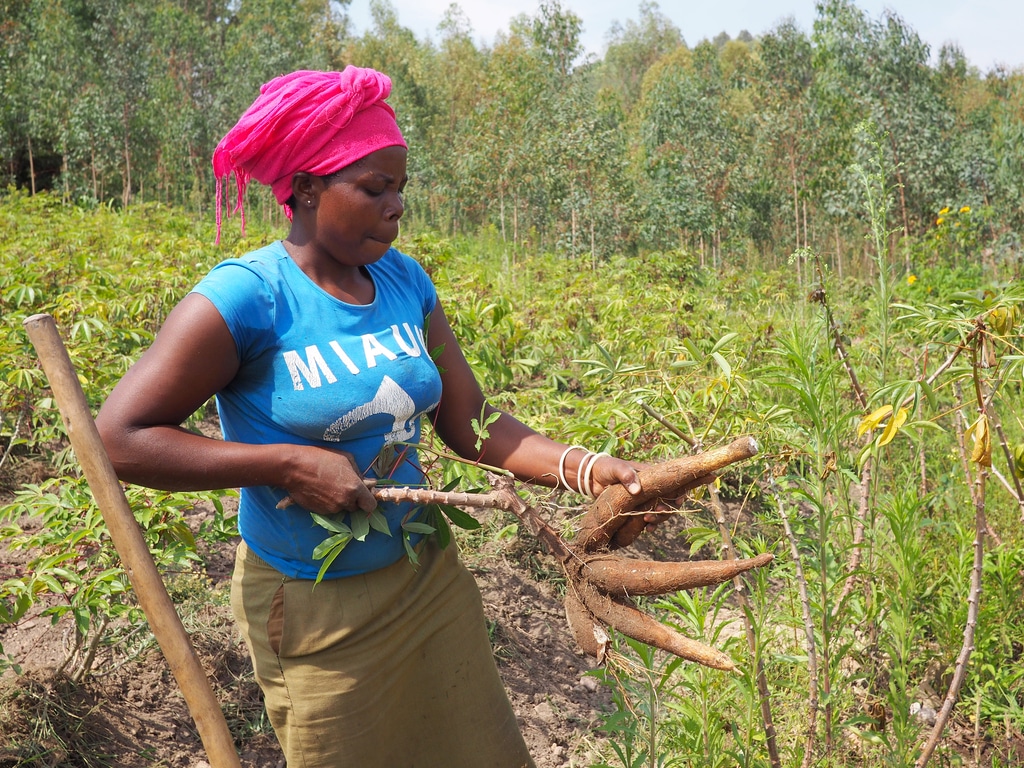The $350 million in funding will be provided in the form of “affordable” loans to farmers in Rwanda. The Rwandan government, which initiated the project, will receive financial support from the World Bank.
According to the Rwandan authorities, the funds will be released in the second half of 2022. The funds will be used to purchase seeds and fertilisers, as well as modern irrigation technology.
Doubling agricultural lending by 2024
Among the effects of climate change is drought, which dries up the rivers and reservoirs that people depend on for their daily activities. In addition to strengthening the climatic resilience of farmers, the challenge today is to rationalise the available resource.
These projects contribute to increasing agricultural yields to reduce food insecurity and boost exports. In Rwanda, the agricultural sector accounts for about a third of the gross domestic product (GDP) and employs nearly 70% of its workforce. In 2021, agricultural exports generated more than $543 million, compared to more than $390 million in 2020, an increase of 39%, according to statistics published in February 2022 by the National Agricultural Export Development Board (NAEB).
Read also –
The Rwandan government’s target for 2024 is to double lending to the agricultural sector to 10.4%. To date, the sector receives just 5.2% of total loans disbursed by Rwanda’s financial institutions. “As they repay the loans, the fund will become sustainable and ensure continuity of funding for agriculture,” says Rwandan Prime Minister Edouard Ngirente.
The project comes as the Rwandan government implements its $2.5 billion national climate plan. In the area of agriculture, it includes a solar water pumping project to irrigate farmland. The solar pumps will replace diesel pumps. This will reduce the CO2 emissions that cause climate change and improve food security.
Inès Magoum
